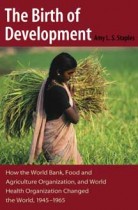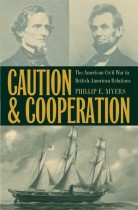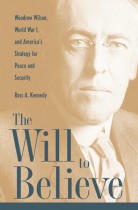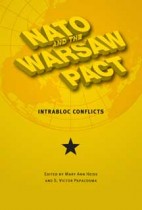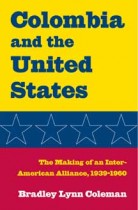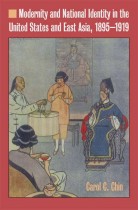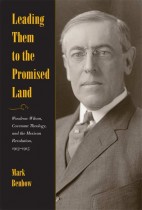Arguing Americanism
Michael E. Chapman | Filed under: Diplomatic Studies, History, New Studies in U.S. Foreign Relations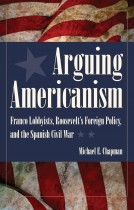
Since World War II, American historians have traditionally sided with the Loyalist supporters, validating their arguments that the pro-Nationalists were un-American for backing an unpalatable dictator. In Arguing Americanism, author Michael E. Chapman examines the long-overlooked pro-Nationalist argument. Employing new archival sources, Chapman documents a small yet effective network of lobbyists—including engineer turned writer John Eoghan Kelly, publisher Ellery Sedgwick, homemaker Clare Dawes, muralist Hildreth Meière, and philanthropist Anne Morgan—who fought to promote General Franco’s Nationalist Spain and keep the embargo in place.

